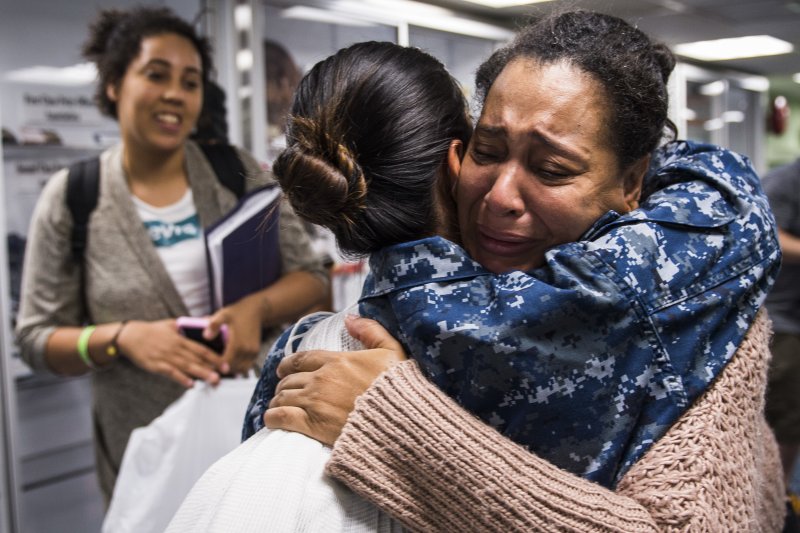Nov. 9 (UPI) -- Seven weeks after Hurricane Maria left the entire island of Puerto Rico in the dark and thousands of homes damaged, the Federal Emergency Management Agency said Thursday it's offering to transport victims still in shelters to the United States mainland.
The plan to airlift as many as 3,000 people came upon a request from Puerto Rico Gov. Ricardo Rossello, an agency spokesperson said in a statement to UPI.















